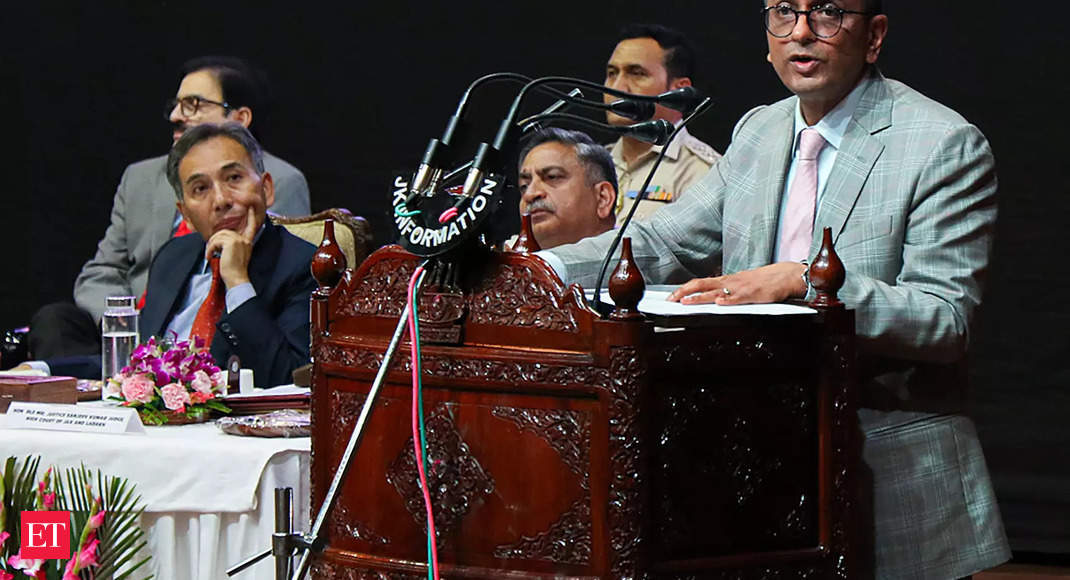Chief Justice of India (CJI) D Y Chandrachud announced on Monday that the first five courtrooms in the Supreme Court have become WiFi-enabled, signalling a major step towards digitisation. This move eliminates the requirement of physical law books and papers in these courtrooms, making it more convenient and efficient for all stakeholders. The CJI clarified that although the courtrooms will not have any physical books or papers, they will still rely on them for reference. This development follows the court’s efforts to embrace technology and streamline its operations.
Justice Chandrachud highlighted the WiFi-enabled courtrooms during the reopening of the top court after a six-week summer vacation. The move aims to provide better accessibility and convenience to lawyers, litigants, and mediapersons. By eliminating the need for physical resources, the court intends to encourage a paperless environment and enhance productivity.
The WiFi facility is part of the court’s e-initiatives and is available through ‘SCI WiFi’. Users can log in by entering their mobile number and receiving a one-time password (OTP) for authentication. The free WiFi facility covers courtrooms 1 to 5, along with the bar rooms and designated waiting areas. This enables smooth connectivity and access to necessary information for all visitors.
Addressing the stakeholders, Justice Chandrachud urged them to provide feedback on the newly implemented WiFi system. He emphasised that despite the shift towards digital resources, books and papers will continue to play a significant role in the court’s proceedings. This indicates that while physical resources have been replaced, their importance and relevance remain intact.
By introducing WiFi-enabled courtrooms, the Supreme Court of India sets an example for embracing technology and adapting to changing times. This move aligns with the government’s vision of a digital India and demonstrates the court’s commitment to efficiency and accessibility. As technology continues to evolve, it is essential for judicial systems to leverage the advantages it offers, simplify processes, and enhance overall effectiveness.
In conclusion, the WiFi-enabled courtrooms in the Supreme Court mark a significant milestone in the court’s digitisation journey. The elimination of physical law books and papers streamlines operations, saves resources, and promotes a paperless environment. This development not only benefits the court and its stakeholders but also reflects a broader transformation towards digitisation across sectors in India.











